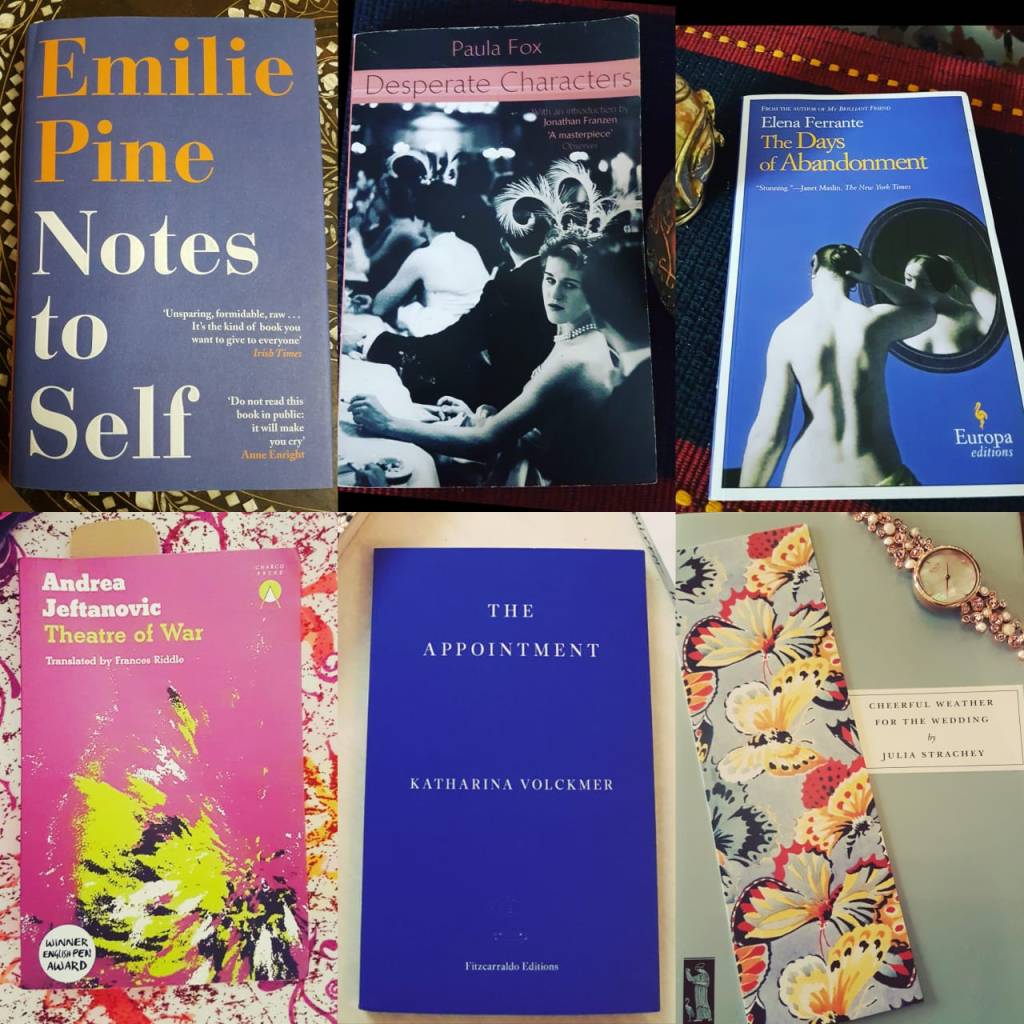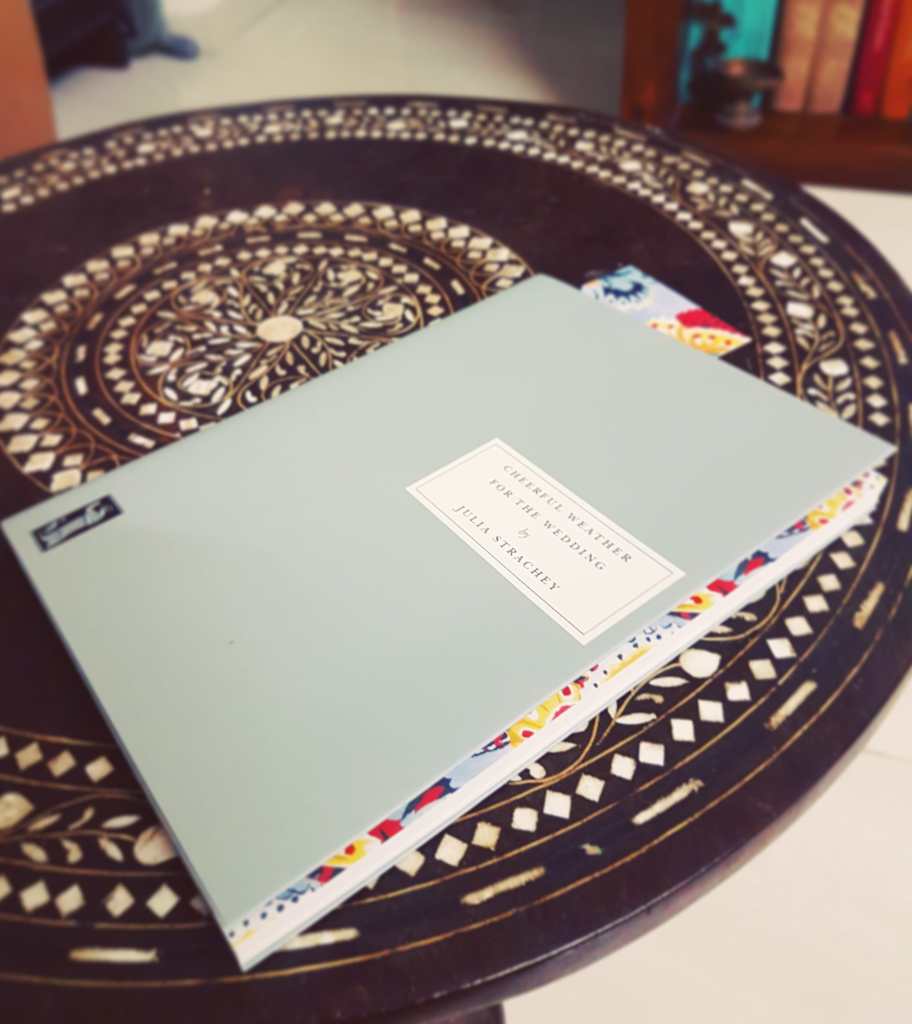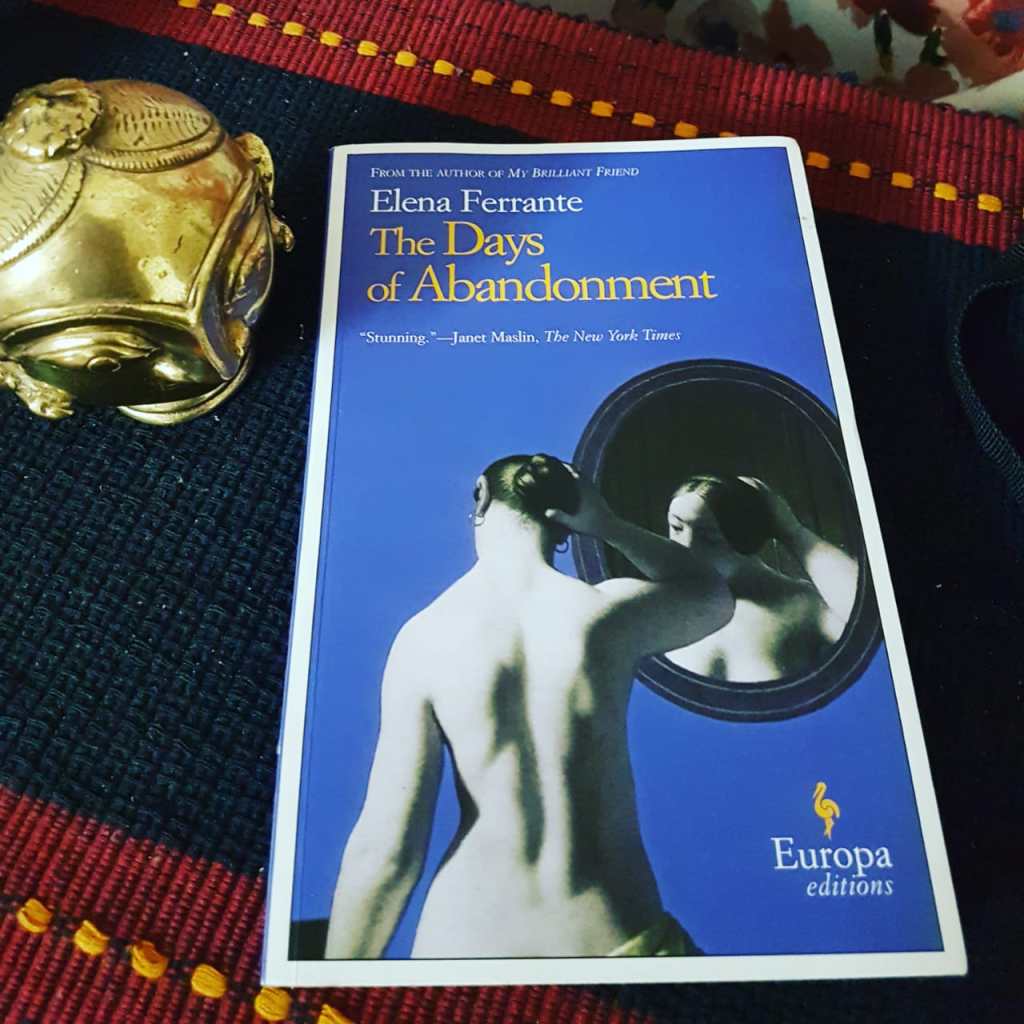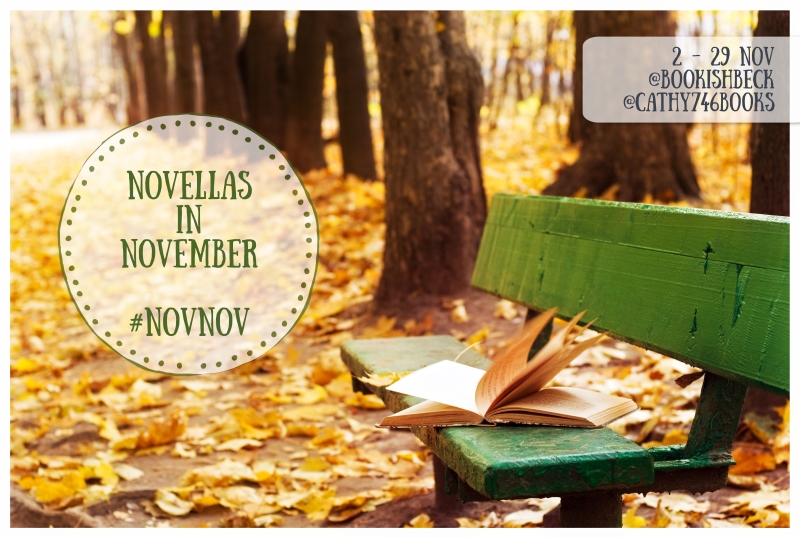I somehow missed posting about my April reading mostly due to lack of time as we were busy getting ready for our holiday to the Czech Republic. Now since it’s the end of May, it made sense to combine my reading of both months in one post and I’m glad to have read some excellent books. Italy was a dominant theme as four of the eight books are set in the country during and after the Second World War. Four are translated works of literature (written by women) – two Italian, one Catalan, and one Turkish. All eight books are great, but if I had to pick favourites, it would be Céspedes and Ginzburg.
So, without further ado, here’s a brief look at the eight books…You can read the detailed reviews on the first six by clicking on the title links.

THE STONE ANGEL by Margaret Laurence
Set in the fictional region of Manawaka modeled on the province of Manitoba where Margaret Laurence grew up, The Stone Angel is a brilliant, poignant tale of loss, heartbreak, and old age with a fiery, unforgettable female character at its core.
We meet Hagar Shipley, the protagonist and narrator of this Canadian classic, who when the book opens is an old woman in her nineties staying with her eldest son Marvin and his wife Doris, who are in their sixties. Even at that age, Hagar still has her wits about her, and yet there are unmistakable signs that her health is failing, a fact that she is too proud to acknowledge. With the burden of caregiving proving to be quite onerous at least for Doris, they outline plans of shifting Hagar to an old age home where she can receive all the care she needs and it is this intention that ultimately unsettles Hagar. She rebels, both outwardly and inwardly, and makes one last attempt to fight for her independence, relying on her resourcefulness that has helped her move forward in a life that has only doled out disappointments, many of them a direct consequence of Hagar’s stubbornness. Enmeshed with Hagar’s present and attempts to cope with old age are flashbacks and reflections on her past that are often triggered by certain objects or episodes in the current moment – her tumultuous marriage to Brampton Shipley and her complicated relationship with both her sons Marvin and John.
A beautifully observed, haunting tale about a deeply flawed woman, The Stone Angel is a novel I’m glad to have read.
BOULDER by Eva Baltasar (tr. Julia Sanches)
As hot as molten lava erupting from a volcano, Boulder is a tightly compressed, intense novella of love, sex, motherhood, and freedom; a book that derives its strength from the originality of its prose and the unconventionality of its protagonist.
Boulder, a cook on a merchant ship and our narrator meets Samsa, a Scandinavian geologist, at an inn during one of the ship’s regular stops fuelling a desire that is sharp and intense. A serious relationship ensues although the two women could not have been more different. Samsa is social, successful, earning well, and even the one making major decisions, while Boulder for whom her passion is the driving force, seems okay to just tag along. But then Samsa expresses her wish to have a child that knocks Boulder off-kilter. Samsa is determined to be a mother; she’s past forty and doesn’t want to miss the chance of motherhood. Boulder could not have been more uninterested but is unable to find the courage to express her true feelings.
What makes Boulder so striking is the language – strange, smoldering, feral, and sensual – as it captures the range of thoughts and emotions that rage within our narrator trying to adapt to a slew of significant changes unfolding around her.
ALL OUR YESTERDAYS by Natalia Ginzburg (tr. Angus Davidson)
Set in a smaller town in Italy before and during the Second World War, Natalia Ginzburg’s All Our Yesterdays is simply wonderful; a big-hearted, bustling novel of family, friendships, politics, and war pitted against a backdrop of immense turbulence, and narrated in a style that captures Ginzburg’s customary dry wit.
Essentially a family saga, the book is divided into two sections. In Part One, Ginzburg focuses her gaze on an ensemble cast – two families living in a smaller town in Northern Italy. Much of the story is told from Anna’s perspective although this is not a first-person account. Shy and reserved in nature, Anna’s very young age and reticent demeanour mean that she is hardly noticed in the house, but she notices various aspects of her family the significance of which she does not always comprehend. In Part Two, many of the characters who had a minor presence in the first part become central to the story, while the central figures in Part One get pushed to the periphery although never entirely forgotten. Thus, the spotlight shifts to the considerably older Cenzo Rena (who marries Anna) and he becomes the axis around which much of the plot of Part Two revolves.
Ginzburg seamlessly places these family dynamics against a wider political backdrop – Fascism, the approaching rumblings of World War Two with the big question of the mode of Italy’s participation, and later on the horrors of the Holocaust. But what is truly astonishing about All Our Yesterdays is the sheer range of humanity on display – each of the characters is beautifully etched, they are endearing in different ways despite their flaws and foibles.
FORBIDDEN NOTEBOOK by Alba de Céspedes (tr. Ann Goldstein)
There’s a scene in Forbidden Notebook where Valeria Cossatti, our protagonist and the narrator is having lunch with her glamorous friend Clara at her place, a penthouse apartment in Rome. Divorced from her husband, Clara is now an independent woman and a successful filmmaker, but by then Valeria’s position has become much more complex. Her outward façade continues to be that of a traditional woman confined to the role of a homemaker and catering to the needs of her husband and two children, but inwardly Valeria has begun to seethe and resist these conventional norms she is expected to adhere to. Clara believes that Valeria has been lucky to achieve all that she wanted by marrying, but by then Valeria and the reader know the reality to be entirely different – Valeria has been experiencing a deep sense of disillusionment, a feeling she is unable to share with Clara.
It is this intense conflict, growing resistance, and the dual nature of her thoughts and emotions that forms the essence of Alba de Céspedes’s Forbidden Notebook – a rich, multilayered novel of domestic dissatisfaction and awakening seen through the prism of a woman’s private diary. Set in 1950s Rome, not only does the book boldly challenge the validity of restrictive, orthodox roles thrust upon women, and the heartaches of motherhood, but it also dwells on writing as a powerful tool for a woman to find her voice and be heard when those closest to her fail to do so.
Billed as a feminist classic, Forbidden Notebook is a masterclass of insight and imagination, brilliant in the way it provides a window into a woman’s interior life, an internal struggle that oscillates between the desire to discover her true self and also keep it hidden.
COLD NIGHTS OF CHILDHOOD by Tezer Özlü (tr. Maureen Freely)
Cold Nights of Childhood is an unflinching portrayal of a woman’s quest for independence, freedom, sex and love, as well as her struggles with mental illness told in a writing style that is cinematic and impressionistic without conforming to the rigid structures of conventional storytelling.
At barely 70 pages and set between 1950 and 1970, the novella is divided into four chapters and begins with a flavour of our narrator’s childhood and school years in the Turkish town of Fatih. Later, we move on to the time our narrator spends in Istanbul and Ankara, and abroad in Europe’s great capital cities (Berlin and Paris). We learn of her string of lovers, her unsuccessful marriages, and above all her incarceration in mental asylums. This predominantly forms the essence of the book, and yet the narrative is not as linear as it seems. Moody, evocative, teeming with rich visuals and a palpable Jean Rhys vibe, Cold Nights of Childhood is a beautifully penned novella that I’m glad to have discovered.
THE FEAST by Margaret Kennedy
With its combination of wit, social commentary and mystery, The Feast by Margaret Kennedy is a terrific novel; an excellent upstairs-downstairs drama and comedy set in Cornwall post the Second World War featuring a seaside hotel in danger of being buried, an eccentric ensemble cast with hidden secrets, and the high voltage interactions and tensions between them.
We first learn in the prologue that the Pendizack Manor Hotel lies buried in a mound of rubble after a huge mass of cliff collapses on it. Seven guests perish, one of whom is Dick Siddal, the owner of the hotel, while the others survive. At that point, the identities of the casualties as well as the survivors are not revealed to the reader, and that in essence forms the mystery element of the plot. After the prologue, the reader is then taken back to a week earlier, from whereon the book charts the arrival of the guests at the hotel, its other inhabitants, as well as the chain of events leading up to the tragedy in question.
Displaying a sharp, astute vision, Kennedy’s writing is top-notch as she weaves in elements of a social satire and morality fable with those of a thriller. Her gimlet-eyed gaze on the foibles and failures of her finely etched characters make both the endearing as well as the horrible ones pretty memorable.
ITALIAN WAR DIARIES: A CHILL IN THE AIR & WAR IN VAL D’ORCIA by Iris Origo
Set during the Second World War and seen from Italy’s perspective, both A Chill in the Air and War in Val d’Orcia are Iris Origo’s real-time war diaries covering the periods 1939-1940 and 1943-1944 respectively, a record of daily life in her adopted country in conflict. Iris was Anglo-American married to an Italian, and much before the war the couple bought and revived a derelict stretch of the Val d’Orcia valley in Tuscany and created an estate. At the height of the war, and at great personal risk, the Origos gave food and shelter to partisans, deserters, and refugees. While A Chill in the Air captures the mood of the Italian people just before Italy entered into the war reluctantly siding with Germany, War in Val D’Orcia records a slew of events at the height of the war. Both published diaries are first-hand accounts of the complexity of Italy’s position, the politics prevailing at the time, and the difficulty of going about daily life. These are books filled with a mix of facts, anecdotes, and her astute observations on the extraordinary scenes unfolding around her. I read these thanks to Kim’s #NYRBWomen23 reading project, and plan to put up a detailed post soon. For the time being though I’ll say that these books were brilliant, particularly War in Val d’Orcia.
That’s it for April and May. I plan to begin June with Rattlebone by Maxine Clair and I’ll be joining in for the #NYRBWomen23 read-along of Love’s Work by Gillian Rose. Other than that I haven’t decided anything yet and will pick up books depending on what catches my fancy at the time.









